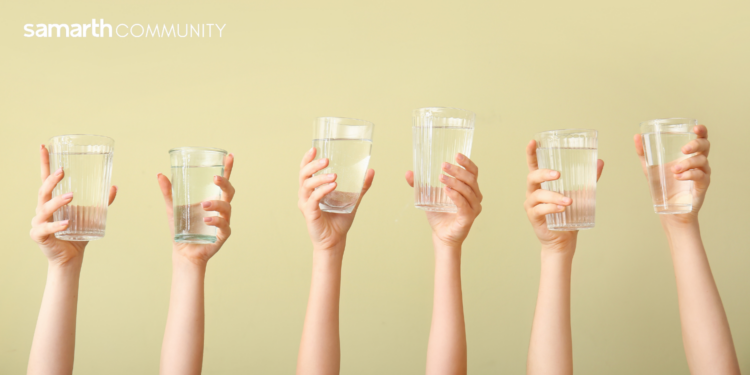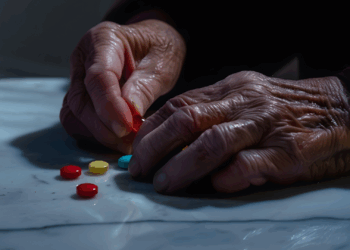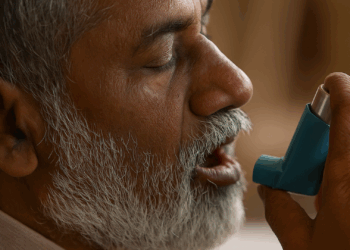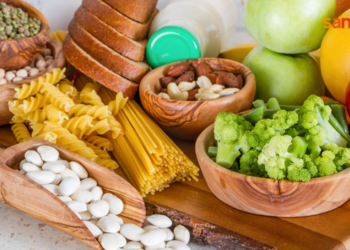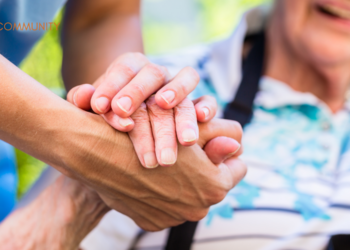Drinking an adequate amount of water regularly is crucial for maintaining good health. Consuming at least 8 glasses daily can help seniors prevent dehydration, kidney stones, digestive issues, urinary tract infections, and skin problems. In our recent survey, we found that 60% of Samarth seniors drink 8 glasses or less per day, while 40% consume 9-12 glasses.
To further increase your water intake, consider “eating your water” by consuming water-rich fruits and vegetables like watermelon, cucumber, spinach, and radish. While it’s generally unnecessary to change your water consumption unless advised by a healthcare professional, it’s essential to be aware of the potential risks of drinking excessive water. These include:
- Water intoxication
Overhydration, known as water intoxication, is the most common issue associated with excessive water consumption. It can lead to symptoms like headaches, disorientation, nausea, and skin discolouration. This condition occurs due to an electrolyte imbalance, causing low sodium levels in the body (a condition known as hyponatremia). Usually seen in endurance athletes, water intoxication is a rare but serious effect of drinking too much water.

Join Now >
- Feeling bloated or nauseous
Drinking excessive water can also cause bloating, nausea, and even diarrhoea. It puts additional strain on the kidneys, leading to water retention and potential kidney dysfunction. Hypokalaemia, a decrease in potassium levels, may occur if you drink too much water, resulting in prolonged sweating and stomach irritation. Specifically, this happens if you drink more than a litre of water an hour without removing an adequate amount of electrolytes from your body at the same time.
- Heart issues
Heart issues can arise when excessive water consumption leads to increased blood volume and additional pressure on the heart. It is important to note that adequate hydration is beneficial for blood tests, but excessive water intake should be avoided. Heart issues can also be the result of excess pressure on the kidneys to filter excess water, more so for those undergoing dialysis.
- Chlorine overdose
Drinking water disinfected with chlorine can increase the risk of chlorine overdose and potential cancer risks. Using water filters to purify drinking water can help mitigate this concern.
Signs to watch out to know if you are drinking too much water
Water intoxication or overhydration is a rare condition. However, here are a few signs that you can watch out for:
- The colour of your urine should be pale yellow and not clear. If it is clear, it means you are drinking too much water in a shorter time.
- Frequent urination (6-8 times a day) is normal, but more than ten times may indicate excessive water consumption.
- Habitually drinking water even when you are not thirsty. Ideally, you should wait for your body’s cue to indicate it needs water.
In conclusion, while staying hydrated is important, it is equally vital to be mindful of excessive water consumption and its potential risks.



